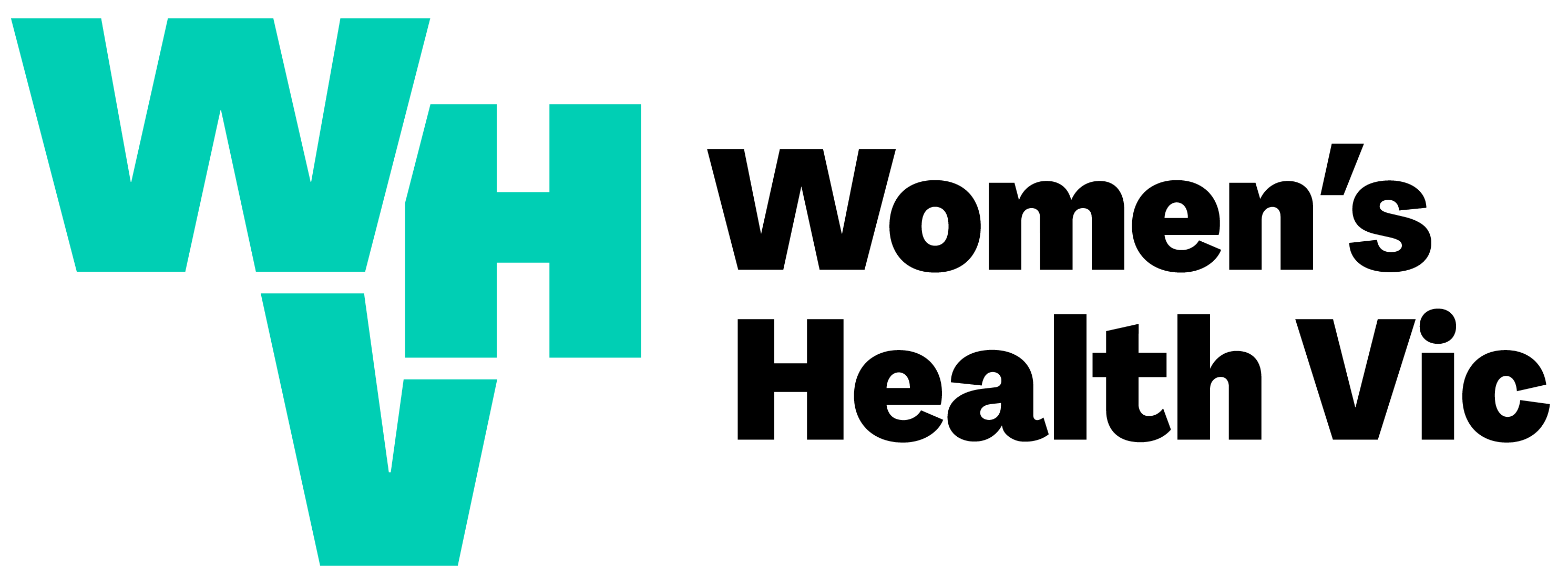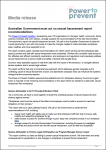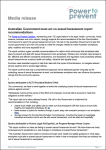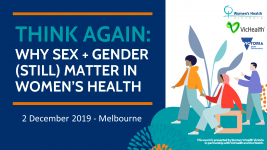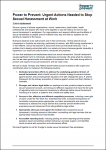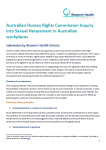The Power to Prevent Coalition, representing over 100 organisations in the legal, health, community, family violence, business and union sectors, strongly supports the recommendations of the Sex Discrimination Commissioner’s report into sexual harassment at work. We call on the Australian Government to take this crucial opportunity to join with civil society to make the changes needed to make Australian workplaces safer, healthier and more respectful for all.
This interactive symposium explores why sex and gender matter more than ever to effective action on key women’s health issues, with a focus on mental health and substance use.
A group of more than 100 diverse organisations, unions, researchers, peak bodies, health professionals and lawyers are calling for State, Territory and Federal Governments to take urgent and coordinated action to prevent and respond to sexual harassment in Australian workplaces.
This Knowledge Paper explores the key elements of ‘gender transformative practice’ and how these can be applied by specialist practitioners and organisations working to create gender transformative change to prevent violence against women and family violence.
For 25 years, Women’s Health Victoria has been at the forefront of many contemporary issues and advances in women’s health and gender equality through advocacy, policy, training and support. This snapshot highlights key WHV achievements, year-by-year, from 1993 to 2018.
This report documents the evidence base, as identified by Monash University, to inform the pedagogical approach required to teach and assess the new accredited Course in Gender Equity (22521VIC). It provides a teaching framework which has informed the unit development and will be used to inform teaching practice.
This submission to the Australian Human Rights Commission national Inquiry puts forward evidence-based key principles for effectively addressing and in particular, preventing sexual harassment in the workplace.
This factsheet introduces Women's Health Victoria's award-winning workplace-based program for the prevention of violence against women, including the benefits to workplaces of taking part in the program, with testimonials from employers and employees.
Women’s Health Victoria is proud to be the lead organisation in a consortium of industry and training providers who have come together to develop and pilot accredited training in gender equity.
This paper explores some of the challenges and opportunities in workplace-based programs for the primary prevention of violence against women – including bystander programs – based on findings from program evaluation.
